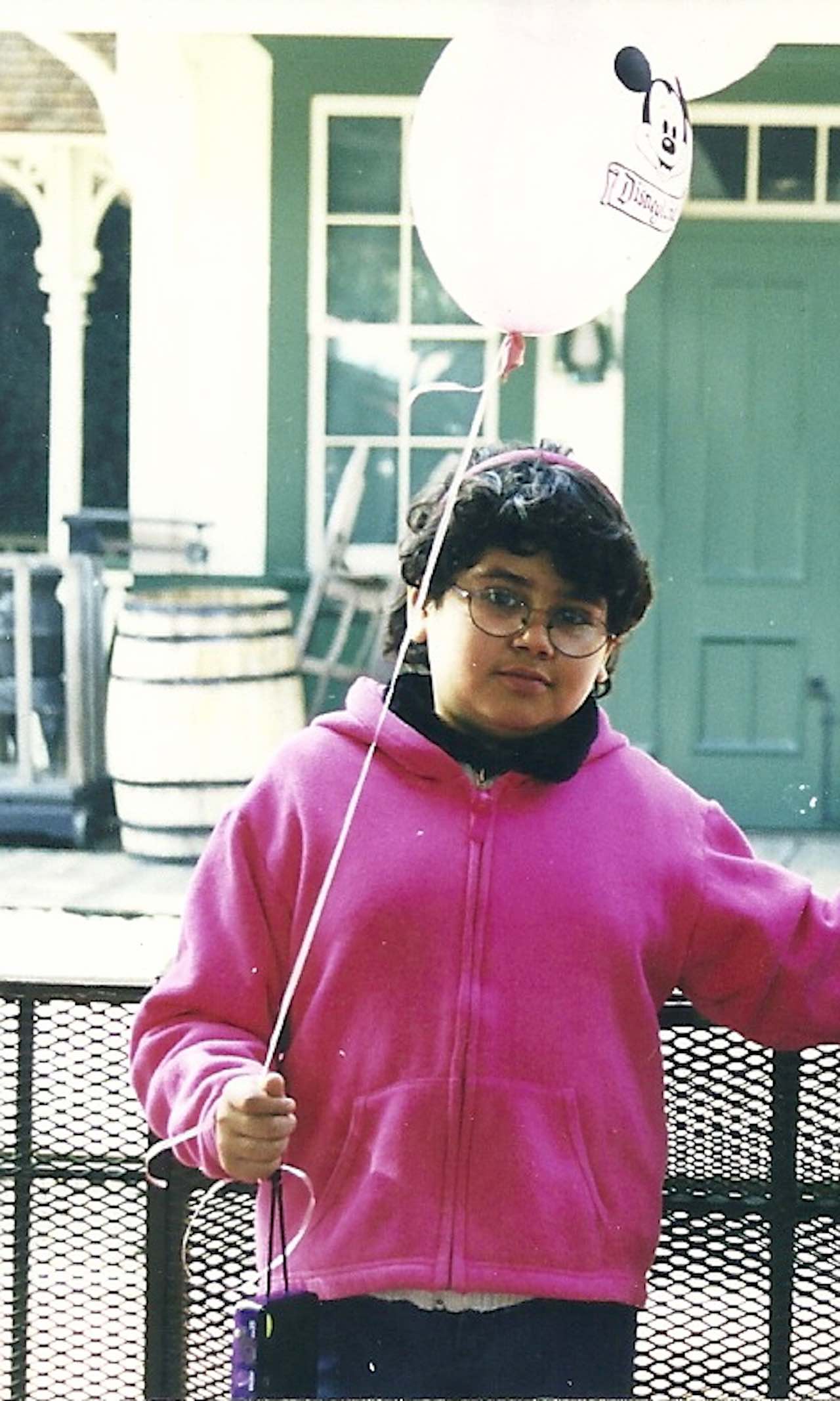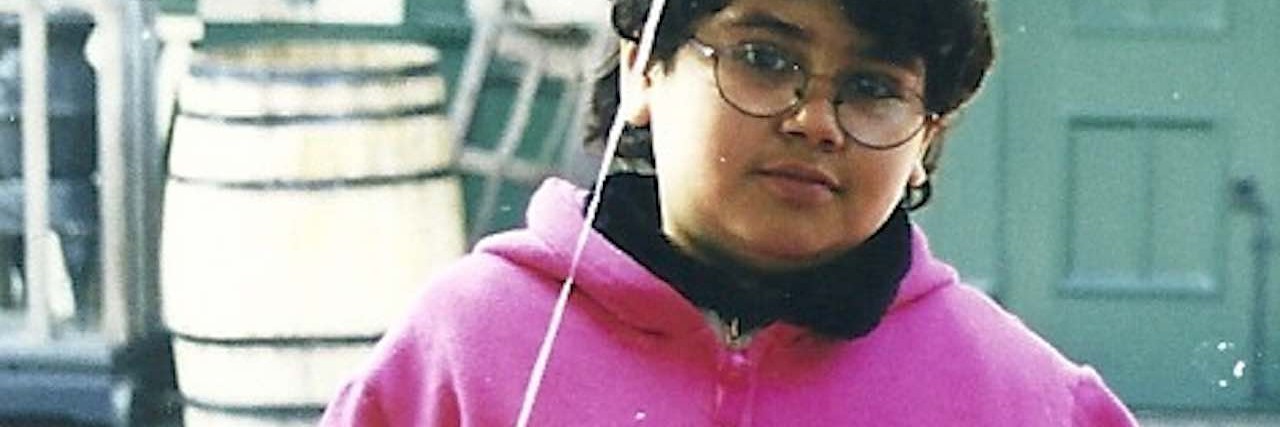Before I was school age, Mom would read to my older brother and me before bedtime. It was my favorite part of the day. I would imagine the images on the pages, moving to her words. If there were no pictures in the books, I would create my own images and have them move in the ceiling. They were my private movies.
When I started to learn the alphabet in school, I couldn’t understand what I was seeing. As everyone was learning how to spell their names, I could barely read mine. It was humiliating. I can’t remember how many times I cried in class, trying to learn to read.
To deal with my struggle, I taught myself braille and Egyptian hieroglyphics. I thought I could get away with this so I wouldn’t have to learn how to read. But I couldn’t. I had to learn how to read. With the helpful advice from a family friend, I was tested and diagnosed with severe dyslexia and auto processing difficulties. It was great to finally have a label, but now, how to work with it?
My time at school was split between special education and regular classes. But it wasn’t enough. I was still behind my grade reading level. To help myself, I would try to read the dictionary. It built up my vocabulary, but I couldn’t remember how to spell, nor put the words in a sentence.

Finally, after years of struggling, Mom found a private school that focused on language learning disabilities. From what information Mom gathered, the school’s goal was to help students from kindergarten to eighth grade by using a multi-sensory approach to teach dyslexic students how to read, spell and write. We though we found my educational salvation.
After I applied, I was allowed to attend it for one week for testing. From the moment class started, I was constantly being pulled out for testing. When I’d get back to class, a subject would be getting finished up. It was grueling trying to keep up with the class work and do the constant testing.
On the Friday of my brain-frying week, I got my results. I would not be accepted because I was “too low functioning.” How can a person be rejected by a school for dyslexics for be too dyslexic? Where is the logic? How can you proclaim you help those who struggle when you reject those who need you the most?
I felt like the dumbest person in town. At 10 years old, I wanted to give up on school. What would be the point in continuing? I truly believed I was beyond help. It was the lowest point of my academic life. This belief of intellectual inadequacy, though disproven, still haunts me.
Defeated and humiliated, I reluctantly went back to public school. My parents fought harder to get the accommodations I needed. I spent the rest of my grade school years struggling between regular and special education, and at times, homeschooling. Thanks to the help of tutors, I was able to academically survive.
Despite getting A and B grades in my class, I still felt inferior to my high school classmates. They were able to read at grade level while I was still at a fifth/sixth-grade level.
But I graduated high school with a 3.0-grade average. Today, I’m in college, perusing my AA in sociology, with a minor in media and film studies, and working a career in writing. I have the imagination to write, but it still takes me a long time to process the words. According to my last reading test, I’m at a reading level of sixth/seventh grade. The average reading level of American adults is seventh/eighth grade.
Recently, I drove past that school. Surprisingly, its school sign said it now helps students with autism spectrum disorder. Considering how wide the autism spectrum is, I thought, “Finally things have changed.” But, this enthusiasm was cut short, when I learned the school rejected one of my brother’s friends — for being “too autistic.” It’s sad to see history repeat itself.

